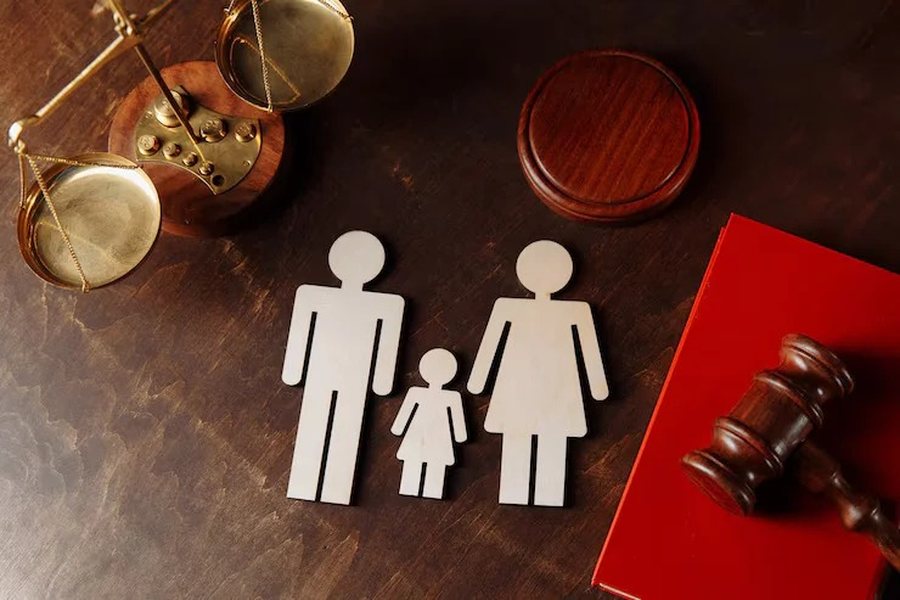
When a marriage is heading towards the end, it usually follows a predictable pattern. Knowing what signs to look for can be essential to stopping the breakdown and saving the relationship before it's too late.
Dr. Becky Whetstone, a therapist, has more than 20 years of experience in couples counseling. During her research, she came across the work of sociologist Diane Vaughan, who, through interviews with over 100 people, reveals key points that signal a breakup.
Stages of the destruction of a marriage
According to Whetstone, these stages occur primarily in the mind of the person contemplating the breakup, whom she calls the “decision maker.” Unfortunately, this person often doesn’t express their concerns to their partner until it’s too late.
“Many unhappy people keep their feelings hidden until the situation is almost hopeless,” she explains. “It’s vital that partners talk openly when they feel distanced.”
Stage 1: First disappointment
At this stage, one partner begins to feel unsatisfied, but gives themselves time. He/she thinks:
"Marriages have their ups and downs. I'll see how it goes."
But, as sociologist Vaughan puts it: “When you keep things that can be fixed secret, you create a gap that only widens over time.”
Stage 2: Erosion
Here the unhappy partner realizes that the problem is not going to resolve itself. He or she does not immediately consider separation because of children, reputation, money, or personal values, but "cracks begin to show."
The partner may show signs of irony, irritation, or distancing, but only in private, not in public.
Stage 3: Emotional detachment
The person withdraws emotionally and seeks comfort outside the relationship, through personal passions, exercise, and sometimes even an extramarital affair.
“They tell themselves: 'I'll stay married, but I'll find satisfaction somewhere else.'”
At this stage, negativity prevails and begins to be noticeable to others outside the couple. The relationship is no longer hidden behind a facade.
Stage 4: "The Last Cell"
This is the turning point. A comment, an action, or a moment, no matter how small, can be the turning point.
"I can't be with someone who does this anymore."
There is a total emotional disconnect. There is no more effort, no more cooperation, just a silent surrender.
Stage 5: The end of the marriage
In her research, Whetstone identified an additional stage not mentioned by Vaughan: the death of the marriage.
“Or at least the death of what was before,” she says. “There’s no going back.”
Only with fundamental changes can a new chapter be built.
Can the relationship be saved? Yes, but not always.
Salvation is only possible in the early stages, when partners are willing to listen, change, and build from scratch.





